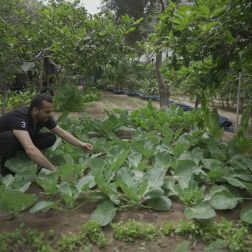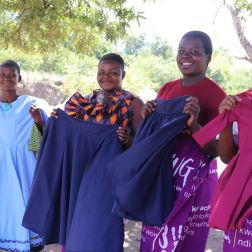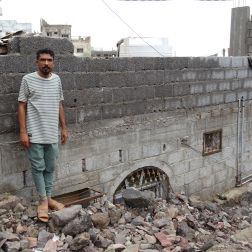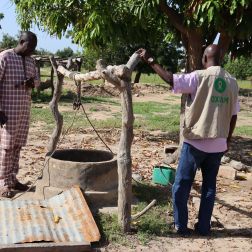- 2 mins read time
- Published: 27th July 2018
Rebuilding Al Rusul Primary School for Girls in Mosul
By Jerry Wessen, Oxfam Ireland’s Communications and Campaigns Intern.
The Iraqi city of Mosul was left devastated after occupation by ISIS – homes were ruined, schools were blown apart and infrastructure was uprooted. Now that the fighting has ended, families have returned to the city to rebuild and are slowly sending their children back to school.
One school located in west Mosul, Al Rusul Primary School for Girls, was completely destroyed. Muna Husein Kadu, the headteacher of the school explains: “It [the school] was destroyed, the furniture was broken. All our records were all over the floor. There was nothing left for us.” Students are two years behind on schooling and lost records make the situation worse.
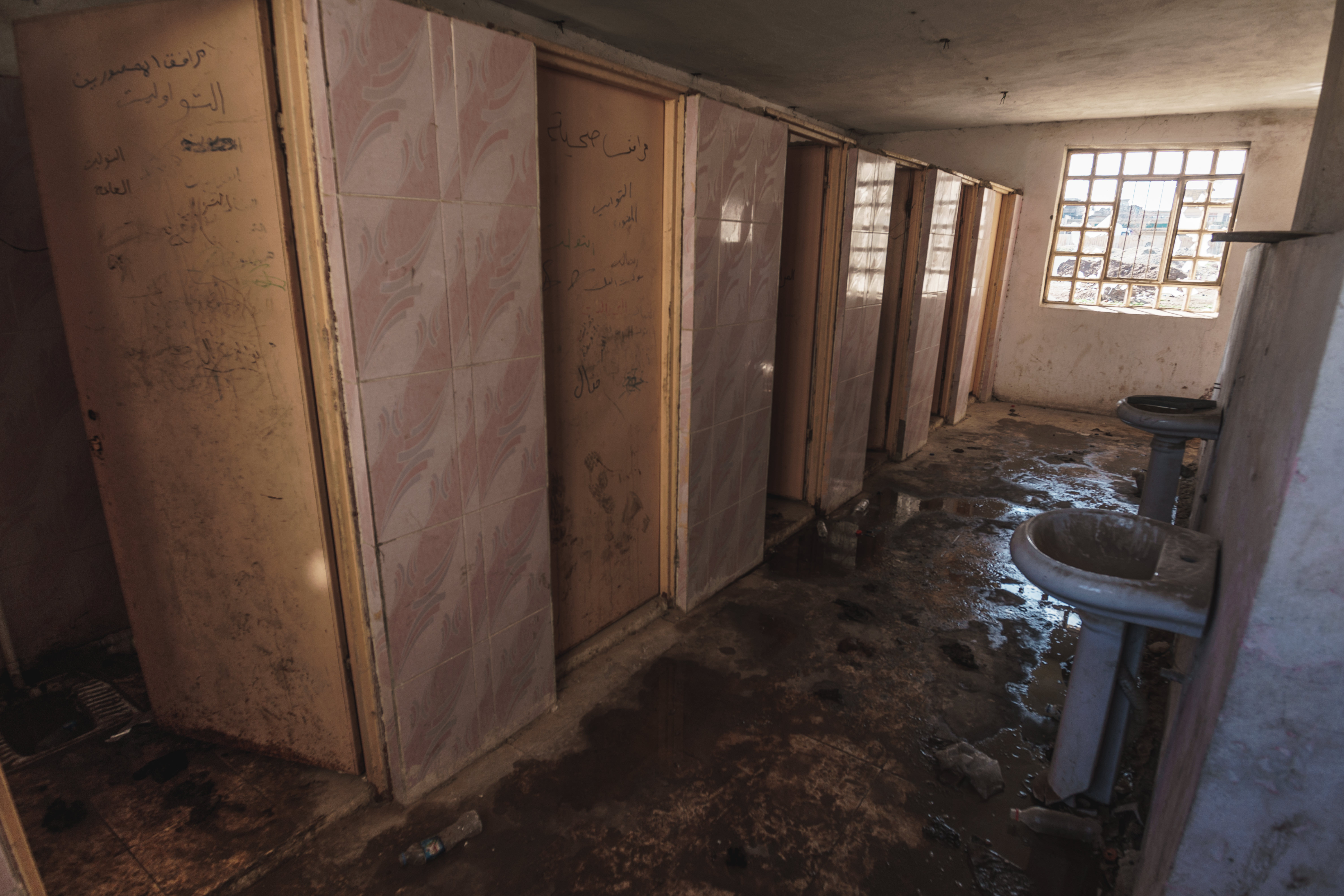
“The kids are the ones with hope, they want to carry on and progress.”
Other than the school’s building being damaged, the bathrooms were also in dire need of attention. The toilets and sinks don’t work, and new septic tanks are needed - plus the smell makes it unbearable to step foot in the bathroom, let alone use it.
With so many obstacles already making it hard for these children to go to school, sanitation should not be one of them. So, Oxfam has focused our efforts on rehabilitating the water and sanitation systems of several schools in Mosul.
Gashaw Shareef is the lead of the project for Oxfam, in charge of contracting out the work and being the headteacher’s liaison. She explains the tasks at hand: “We clean the toilets first and then rehabilitate the sinks and then repair the taps with handles. [To] get rid of the smell is the most important thing.”
The efforts to reconstruct the bathrooms in the Al Rusul school took a total of three days, including installing new pipes and water tanks and sanitising the bathrooms.
One of the students said: “[Before], we couldn’t even go inside before because of the dirt and the horrible smell. It’s so much better now.”
Rehabilitating the bathroom was not the only goal. Gashaw explains: “We fix all the toilets and then we teach them how to use it.” Proper sanitation techniques are as important as new bathroom facilities for keeping communities safe from deadly disease.
Gashaw says: “When I see the results I will be happy, they are happy and that’s enough for me.”
